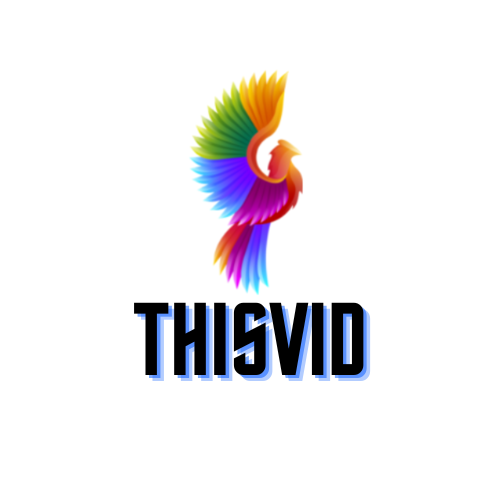Key Takeaways
- In today’s dynamic job market, employers must define clear roles, leverage technology, and strengthen their brand to attract top talent efficiently.
- Job seekers must tailor their applications, build an online presence, network effectively, and continuously upskill to stand out amidst fierce competition.
- Adaptation to remote and hybrid work models is crucial for both employers and job seekers, emphasizing the importance of demonstrating remote work capabilities and proficiency with virtual communication tools.
Introduction
The labor market is dynamic and extremely competitive nowadays, making recruitment more difficult than ever. Both candidates and employers must navigate a landscape influenced by technological advancements like ATS, economic changes, and evolving work environments. This guide provides comprehensive strategies for both recruiters and job seekers to thrive amidst these challenges.
Understanding the Current Job Market
Rapid technological advancement and a shift toward remote and hybrid work patterns define the modern job market. According to a report by the Bureau of Labor Statistics, the demand for tech-savvy professionals is at an all-time high, creating a fiercely competitive environment for top-tier talent. Furthermore, the global nature of the job market means that job seekers are no longer constrained by geographic boundaries, adding to the competition.
Strategies for Employers
Define Clear Job Roles
One of the most critical steps in recruiting effectively is defining clear and concise job roles. This involves outlining the key responsibilities, necessary skills, and qualifications. Time and resources can be saved by having a job description that is clear and concise, which also helps draw in the right people.
Leverage Technology
Employers should utilize technology to streamline their recruitment processes. Applicant Tracking Systems (ATS) can help manage multiple applications efficiently, automate routine tasks, and provide valuable insights into candidate data. According to Entrepreneur, investing in AI-driven recruitment tools can significantly enhance the effectiveness of the hiring process by identifying the best candidates quickly and reducing human error.
Strengthen Your Employer Brand
A reputable employer brand is essential in attracting high-quality candidates. Companies should focus on creating a positive image through social media, employee testimonials, and showcasing their company culture. Emphasizing the workplace culture, mission, and values of your business can go a long way toward attracting prospective employees.
Implement Efficient Screening Processes
Efficient screening processes are crucial in a competitive job market. Use a combination of automated tools and human judgment to sift through applications. Before moving on to more in-depth interviews, undertake preliminary phone screenings or virtual interviews to reduce the number of prospects. Implementing structured interviews with standardized questions can help ensure fairness and consistency in evaluations.
Strategies for Job Seekers
Tailor Your Application
In a competitive job market, it’s essential to tailor your application to each job you apply for. Make your cover letter and CV unique by emphasizing your experiences and relevant abilities in relation to the job description. Using keywords from the job posting can assist recruiters in noticing your application and help it get past the first round of ATS screens. For inspiration, you can explore various cover letter examples that demonstrate effective ways to present your qualifications and experience.
Build a Strong Online Presence
Having a reputable and active online presence could make a big difference in your employment prospects. Optimize your LinkedIn profile, engage in industry-related discussions, and showcase your expertise through blog posts or portfolio projects. Employers often search for candidates online, so having a well-rounded online presence can set you apart from competitors.
Network Effectively
Networking is still a very effective job search tactic. Attend industry events, webinars, and workshops to connect with professionals in your field. Leverage your existing connections for referrals or networking opportunities. Developing deep connections inside your sector may lead to job openings that aren’t always publicized.
Continuously Upskill
Ongoing education is essential in a labor market that is changing quickly. Invest in your upskilling by taking workshops, certificates, and online courses. Keep abreast of market developments and new technological advancements. Employers place great importance on candidates who show a commitment to both professional and personal growth, which makes you more appealing.
Adapting to Remote and Hybrid Work Models
The shift towards remote and hybrid work models has added another layer of complexity to recruitment. Employers must adapt their hiring processes to accommodate remote work. This includes evaluating candidates’ ability to work independently, communicate effectively in a virtual environment, and manage their time efficiently. On the other hand, job seekers should demonstrate their adaptability to remote work by highlighting relevant experiences and showcasing their proficiency with remote work tools and technologies.
Conclusion
Successfully navigating a competitive job market requires a strategic approach from both employers and job seekers. Employers must define clear job roles, leverage technology, strengthen their employer brand, and implement efficient screening processes to attract top talent. Job seekers, on the other hand, should tailor their applications, build a strong online presence, network effectively, and continuously upskill to stand out in a crowded market. Adopting these strategies allows both parties to thrive and achieve their goals in today’s competitive job landscape.
